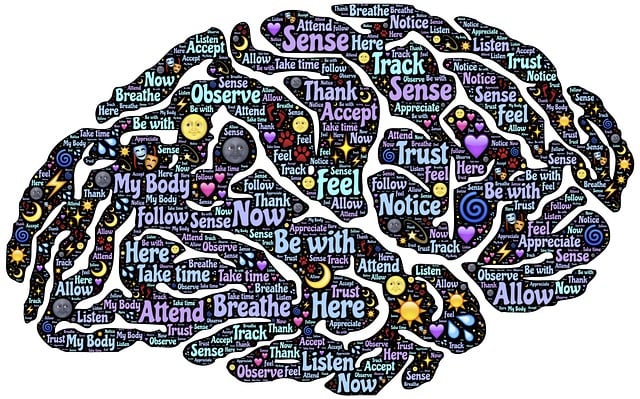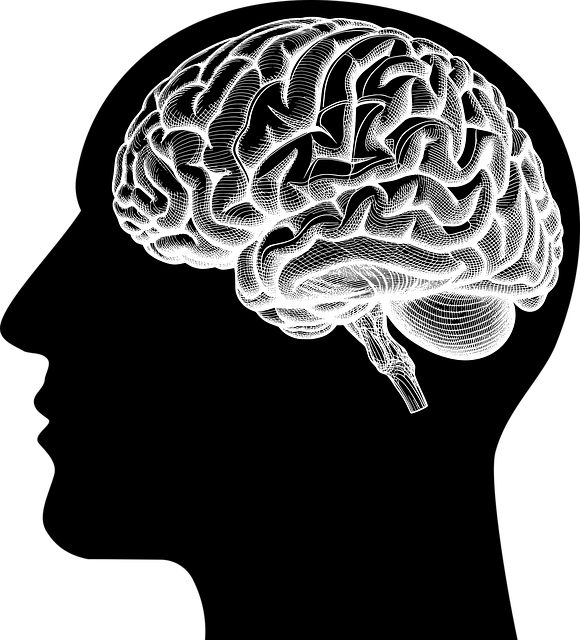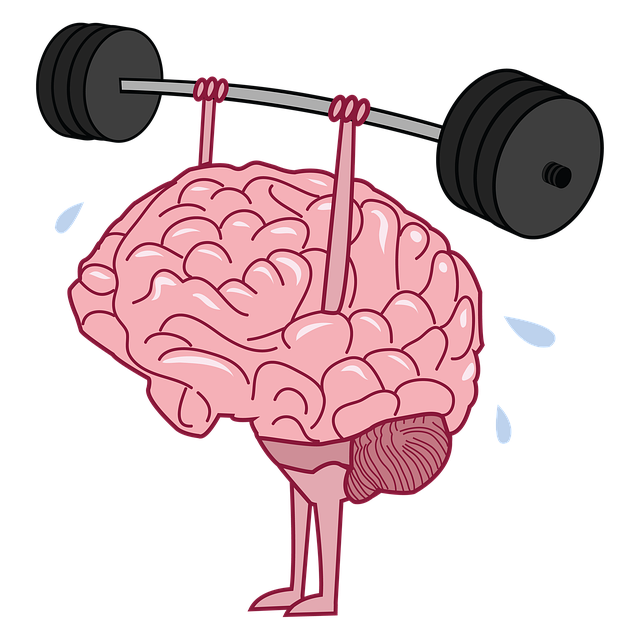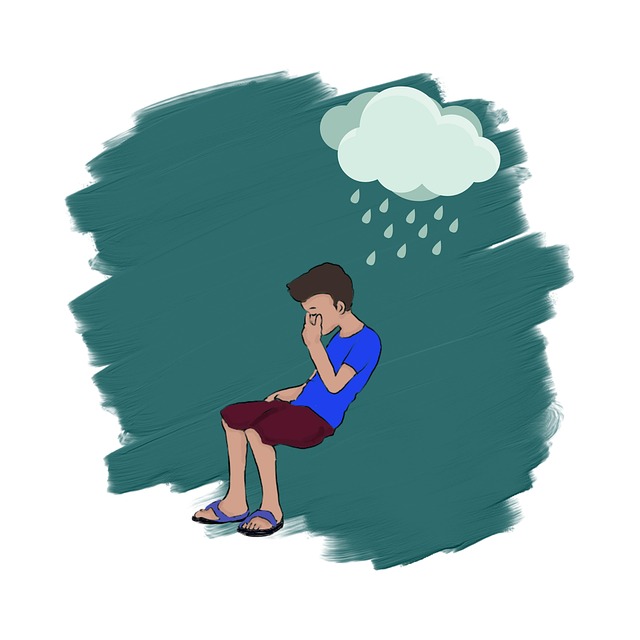Aurora Exposure and Response Prevention Therapy (AERPT) is an innovative, evidence-based approach to treating trauma-related mental health conditions by combining exposure therapy with response prevention techniques. Through gradual confrontation of traumatic memories in a safe environment, AERPT aids individuals in processing these events and initiating emotional healing. Community engagement, including educational workshops and peer support groups, is crucial for mental health advocacy, fostering awareness, reducing stigma, and encouraging early intervention. Programs like AERPT, integrating cognitive behavioral therapy and mindfulness practices, have led to significant legal and policy changes, enhancing accessibility to quality care and promoting a culture prioritizing mental well-being.
Mental health advocacy initiatives are transforming lives, and understanding innovative approaches like Aurora Exposure and Response Prevention Therapy (AERPT) is key. This powerful tool equips individuals with coping mechanisms, reducing anxiety and trauma. Community engagement plays a vital role in fostering inclusive mental healthcare environments. Educational campaigns and policy changes further strengthen these efforts, driving systemic shifts. Explore successful programs and strategies, from case studies to legal reforms, illuminating the diverse paths toward enhancing mental wellness.
- Understanding Aurora Exposure and Response Prevention Therapy: A Powerful Tool for Mental Health Advocacy
- The Role of Community Engagement in Mental Health Advocacy Initiatives
- Utilizing Educational Campaigns to Promote Mental Wellness: Strategies and Success Stories
- Legal and Policy Changes: Driving Systemic Shift in Mental Health Support
- Case Studies: Innovative Programs Making a Real Difference in People's Lives
Understanding Aurora Exposure and Response Prevention Therapy: A Powerful Tool for Mental Health Advocacy

Aurora Exposure and Response Prevention Therapy (AERPT) is a highly effective approach that combines exposure therapy with response prevention techniques to address trauma-related mental health conditions. By gradually exposing individuals to traumatic memories or triggers, AERPT helps them face and process these events in a safe and controlled environment. This process facilitates emotional healing processes and enables clients to develop healthier coping strategies.
One of the key strengths of AERPT lies in its ability to foster self-care practices by teaching individuals to manage their emotional responses. Through compassion cultivation practices, clients learn to respond to traumatic memories with kindness and understanding, rather than avoidance or escape behaviors. This not only enhances their overall well-being but also empowers them to advocate for their mental health needs, promoting a more positive and empowering relationship with their own healing journey.
The Role of Community Engagement in Mental Health Advocacy Initiatives

In mental health advocacy initiatives, community engagement plays a pivotal role in fostering awareness and promoting support for individuals dealing with mental health challenges. By involving community members, organizations can create a network of understanding and solidarity, reducing stigma and encouraging early intervention. This involvement takes various forms, from educational workshops to peer support groups, ensuring that mental health discussions become an integral part of local conversations. The integration of evidence-based practices like Aurora Exposure and Response Prevention Therapy (AERPT) benefits the community by offering effective tools for managing anxiety and trauma, thereby enhancing overall well-being.
Effective advocacy goes beyond raising awareness; it involves empowering individuals to adopt self-care practices and stress reduction methods tailored to their needs. Community engagement facilitates this process through shared learning and open dialogue, encouraging members to explore communication strategies that promote mental resilience. By fostering an environment where mental health is openly discussed and supported, these initiatives contribute to building a more inclusive and compassionate society, where everyone feels equipped to navigate life’s challenges with greater ease.
Utilizing Educational Campaigns to Promote Mental Wellness: Strategies and Success Stories

Educational campaigns play a pivotal role in promoting mental wellness by raising awareness and dispelling stigma. These initiatives can take various forms, from public service announcements to community workshops, focusing on stress reduction methods, self-care routine development, and emotional well-being promotion techniques. A successful example is the Aurora Exposure and Response Prevention Therapy (ERPT), which uses cognitive behavioral therapy techniques to help individuals manage anxiety disorders by gradually exposing them to feared situations in a controlled environment.
Through targeted campaigns, communities can share success stories that inspire others to prioritize their mental health. These narratives highlight the effectiveness of different strategies, including mindfulness practices, therapy options like ERPT, and building supportive networks. By leveraging such initiatives, individuals are empowered to take charge of their emotional well-being, fostering a culture of open dialogue around mental health challenges and solutions.
Legal and Policy Changes: Driving Systemic Shift in Mental Health Support

Mental health advocacy initiatives have led to significant legal and policy changes that are driving a systemic shift in mental health support. These reforms aim to ensure accessibility to quality care, reduce stigma, and promote early intervention. One notable example is Aurora Exposure and Response Prevention Therapy (AERPT), a cutting-edge approach that combines exposure therapy with cognitive behavioral techniques to treat anxiety disorders. By integrating innovative therapies like AERPT into policy frameworks, mental health systems can better address complex conditions such as burnout prevention and provide effective solutions for anxiety relief.
Moreover, these changes include the implementation of social skills training programs that empower individuals with coping mechanisms and enhance their overall well-being. Such initiatives not only benefit those directly affected but also contribute to a broader culture that prioritizes mental health. Through advocacy efforts, communities are fostering an environment where everyone has access to the resources they need to thrive, marking a significant step towards a more holistic and comprehensive approach to mental healthcare.
Case Studies: Innovative Programs Making a Real Difference in People's Lives

In the realm of mental health advocacy, innovative programs are emerging as game changers, offering hope and healing to those in need. One such initiative, Aurora Exposure and Response Prevention Therapy (AERPT), has been making waves for its unique approach to treating anxiety disorders. This evidence-based therapy combines exposure therapy with response prevention techniques, helping individuals confront their fears in a controlled environment. By gradually exposing clients to anxiety-provoking situations, AERPT empowers them to manage and overcome their symptoms effectively.
The power of this program lies in its ability to foster emotional regulation and promote positive thinking. Through mindfulness meditation exercises integrated into the therapy process, participants learn to acknowledge and accept their emotions without judgment. This holistic approach not only addresses the root causes of anxiety but also equips individuals with valuable coping strategies for long-term mental wellness. Real-life success stories abound, with many clients reporting significant improvements in their ability to manage stress and lead fulfilling lives.
Mental health advocacy initiatives, encompassing diverse strategies from therapy to policy changes, play a pivotal role in fostering holistic mental wellness. As highlighted through discussions on Aurora Exposure and Response Prevention Therapy, community engagement, educational campaigns, and innovative programs, these efforts not only provide immediate support but also drive systemic shifts. By leveraging evidence-based practices, collaborative community efforts, and legal reforms, we can create a more inclusive and supportive environment for everyone’s mental health.














